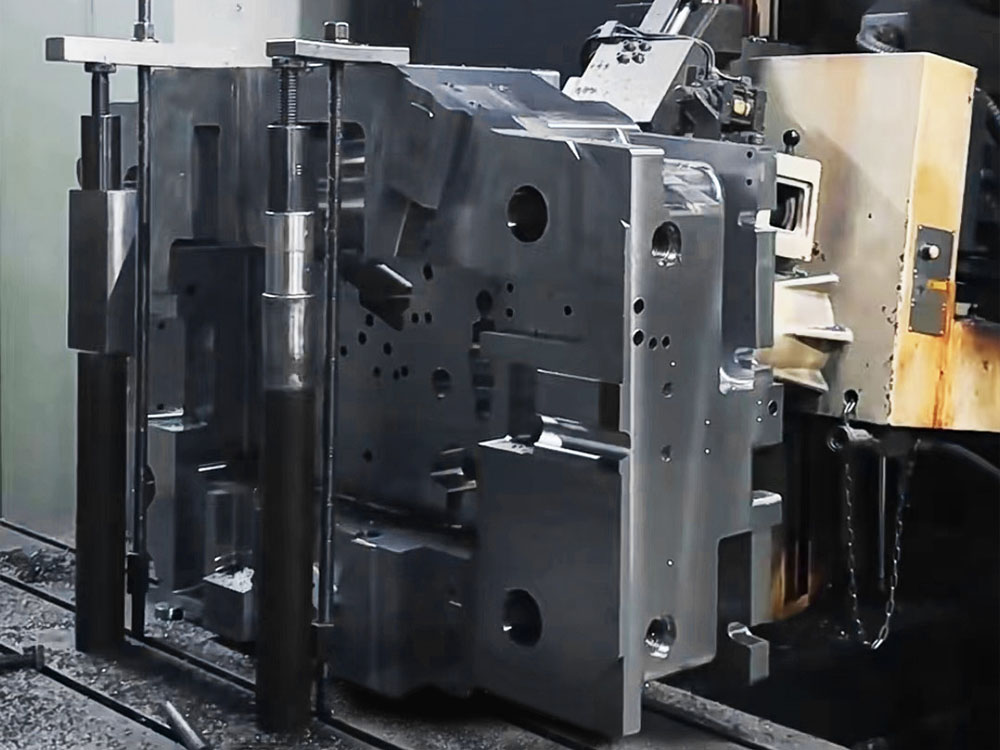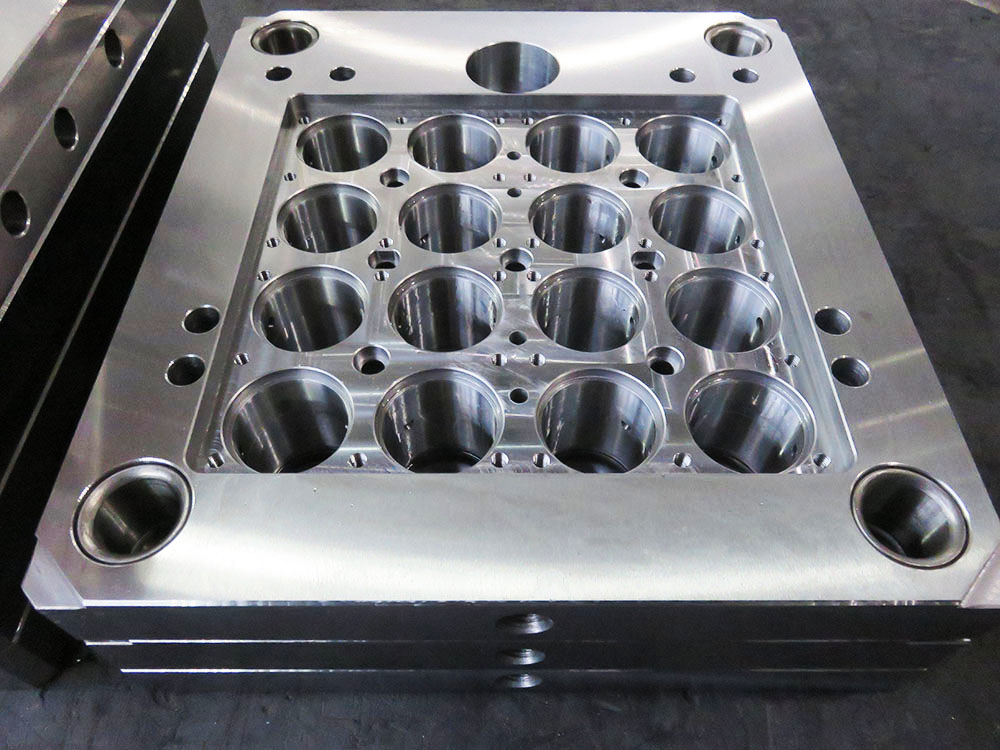Introduction
The mold base industry plays a crucial role in the field of industrial intelligent embryo mold manufacturing. With the advancement of automation technology, the utilization of non-standard molds has gained significant attention. This article aims to explore the various automation applications of non-standard molds in the mold base sector, focusing on the improved efficiency, accuracy, and cost-effectiveness they bring to industrial intelligent embryo mold manufacturing processes.
Enhanced Efficiency with Non-Standard Molds
Non-standard molds offer superior efficiency compared to traditional standardized molds. By utilizing flexible automation systems, manufacturers can rapidly switch between different non-standard molds for diverse product requirements. This adaptability ensures that the mold base industry can quickly respond to market demands and reduce production lead time significantly.
Improved Accuracy through Automation
Automation plays a crucial role in achieving enhanced accuracy in non-standard mold manufacturing. Through advanced robotics and precision control systems, manufacturers can achieve consistent and precise mold fabrication, minimizing errors and defects. Furthermore, automation enables intelligent feedback mechanisms that can monitor and adjust the mold manufacturing process in real-time, ensuring the highest quality standards are met.
Cost-Effectiveness of Non-Standard Molds
Non-standard molds offer cost-effectiveness in industrial intelligent embryo mold manufacturing. While the initial investment may be higher compared to traditional molds, non-standard molds provide a higher return on investment over the long run. The automation capabilities of non-standard molds significantly reduce labor costs while increasing production capacity. Additionally, automation minimizes material wastage and eliminates the need for manual mold adjustments, resulting in substantial cost savings.
Application of Artificial Intelligence (AI)
Integrating artificial intelligence into non-standard mold manufacturing further enhances automation capabilities. AI algorithms can analyze vast amounts of data to optimize the mold design process, ensuring optimal performance and functionality. Moreover, AI-driven robotics can adapt to changing production requirements, enabling self-learning and continuous improvement, ultimately enhancing the efficiency and accuracy of industrial intelligent embryo mold manufacturing.
Challenges and Future Scope
While the automation application of non-standard molds in industrial intelligent embryo mold manufacturing brings numerous benefits, challenges do exist. The complexity associated with programming and maintaining automated systems requires skilled professionals and ongoing investments in training and development. Furthermore, the need for regular software updates and technological upgrades demands continuous investment. However, with advancements in automation technology and the increasing focus on intelligent manufacturing, the future scope for non-standard mold automation holds tremendous potential.
Conclusion
The mold base industry has realized the potential of automation in non-standard mold applications for industrial intelligent embryo mold manufacturing. Through enhanced efficiency, improved accuracy, and cost-effectiveness, non-standard molds have proven to be a valuable asset. Furthermore, integrating artificial intelligence technologies provides an additional edge in optimizing mold design and adapting to dynamic production needs. As automation technology continues to evolve, the mold base sector is poised for further advancements in industrial intelligent embryo mold manufacturing.




